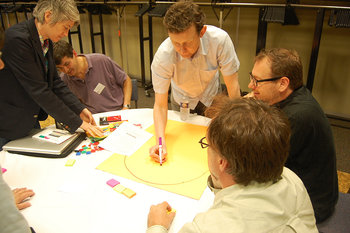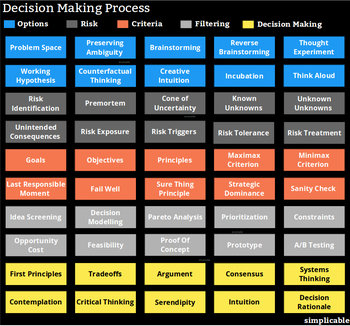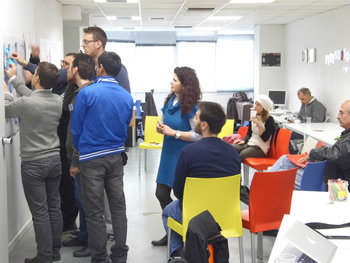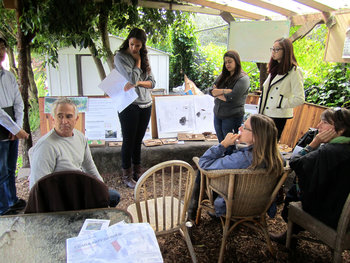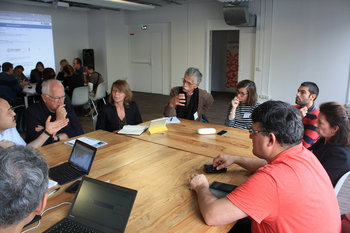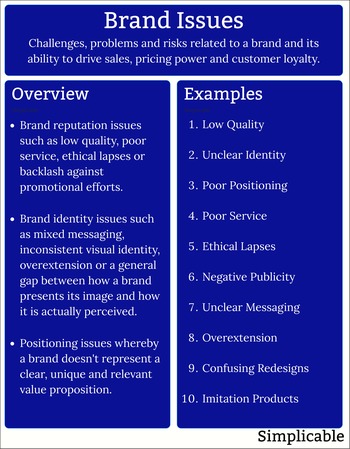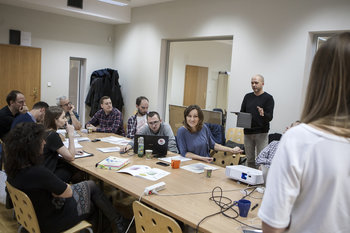|
| |
A goal is a target result. This may appear to be a single concept but actually has several important variations as follows.
End-goalsThings that you want to happen in the future. Example: becoming a famous musician. Outcome GoalsGoals for real world outcomes. Example: joining a band. ObjectivesAn objective is a meaningful step towards an end-goal or outcome. Example: learning a musical instrument. Actionable GoalAn actionable goal is an objective that is within your control such that you can make it happen. Example: attending music lessons and practicing. SMART GoalA methodology for developing actionable goals that are specific, measurable, actionable, relevant and time-bound. Example: attending 4 music lessons each month and practicing at least 12 hours. IntentionsAn intention is a goal for your behavior in every moment of your life. Example: try to be patient, kind and friendly.
If you enjoyed this page, please consider bookmarking Simplicable.
The difference between goals and end goals.
A list of decision making techniques.
The observation that groups may make collective decisions that are viewed as wrong or irrational by each individual member of the group.
A complete guide to the decision making process.
The difference between rational thought and logic.
The common types of uncertainty in decision making and strategy.
A definition of information costs with examples.
A definition of reverse brainstorming with examples.
The definition of decision fatigue with examples.
Taking a position that you do not necessarily agree with for the purposes of argument.
The definition of paradox of choice with examples.
An overview of problem solving with examples.
A list of thinking approaches and types.
A definition of workaround with examples.
A list of common creative thinking techniques.
A list of common types of problems.
The definition of analysis paralysis with examples.
The definition of the arrow of time with examples.
An overview of common business problems.
The definition of decision framing with examples.
The common types of research.
TrendingThe most popular articles on Simplicable in the past day.
Recent posts or updates on Simplicable.
Site Map
© 2010-2023 Simplicable. All Rights Reserved. Reproduction of materials found on this site, in any form, without explicit permission is prohibited.
View credits & copyrights or citation information for this page.
|





